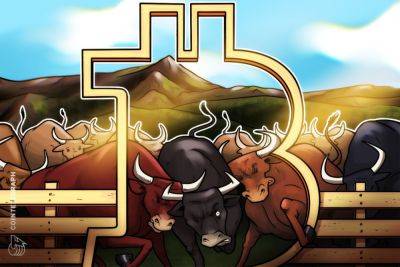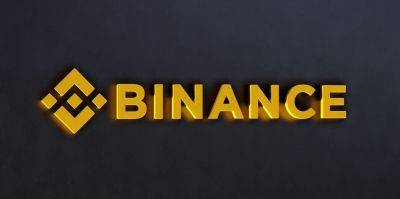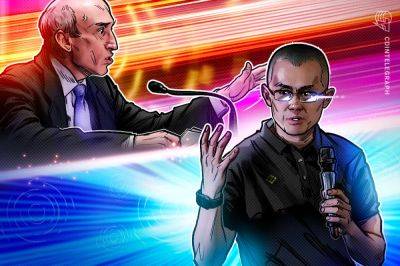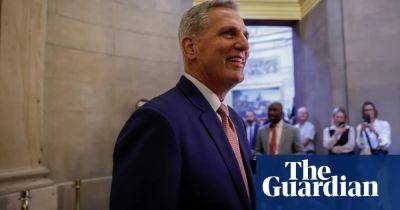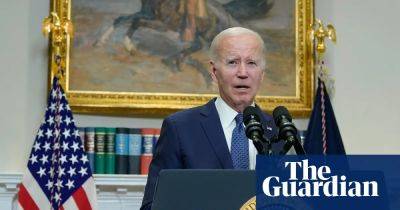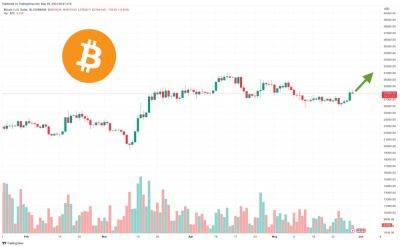US and China are on a collision course that could risk conflict
A fter the May G7 summit in Hiroshima, the US president, Joe Biden, claimed that he expected a “thaw” in relations with China. Yet, despite some recent official bilateral meetings – with the US secretary of the Treasury, Janet Yellen, expressing hopes for a visit to China soon – relations remain icy.
In fact, far from thawing, the new cold war is getting colder, and the G7 summit itself magnified Chinese concerns about the US pursuing a strategy of “comprehensive containment, encirclement and suppression”. Unlike previous gatherings, when G7 leaders offered mostly talk and little action, this summit turned out to be one of the most important in the group’s history. The US, Japan, Europe and their friends and allies made it clearer than ever that they intended to join forces to counter China.
Moreover, Japan, which currently holds the group’s rotating presidency, made sure to invite key leaders from the global south, not least the Indian prime minister, Narendra Modi. In reaching out to rising and middle powers, the G7 wants to persuade others to join its more muscular response to China’s rise. Many will probably agree with the depiction of China as an authoritarian, state-capitalist power that is increasingly assertive in projecting power in Asia and globally.
While India, which holds this year’s G20 presidency, has taken a neutral position on Russia’s war in Ukraine, it has long been locked in a strategic rivalry with China, owing partly to the fact that the two countries share a long border, much of which is disputed. Thus, even if India does not become a formal ally to western countries, it will continue to position itself as an independent, rising global power whose interests are more aligned with the west than with
Read more on theguardian.com

 theguardian.com
theguardian.com
